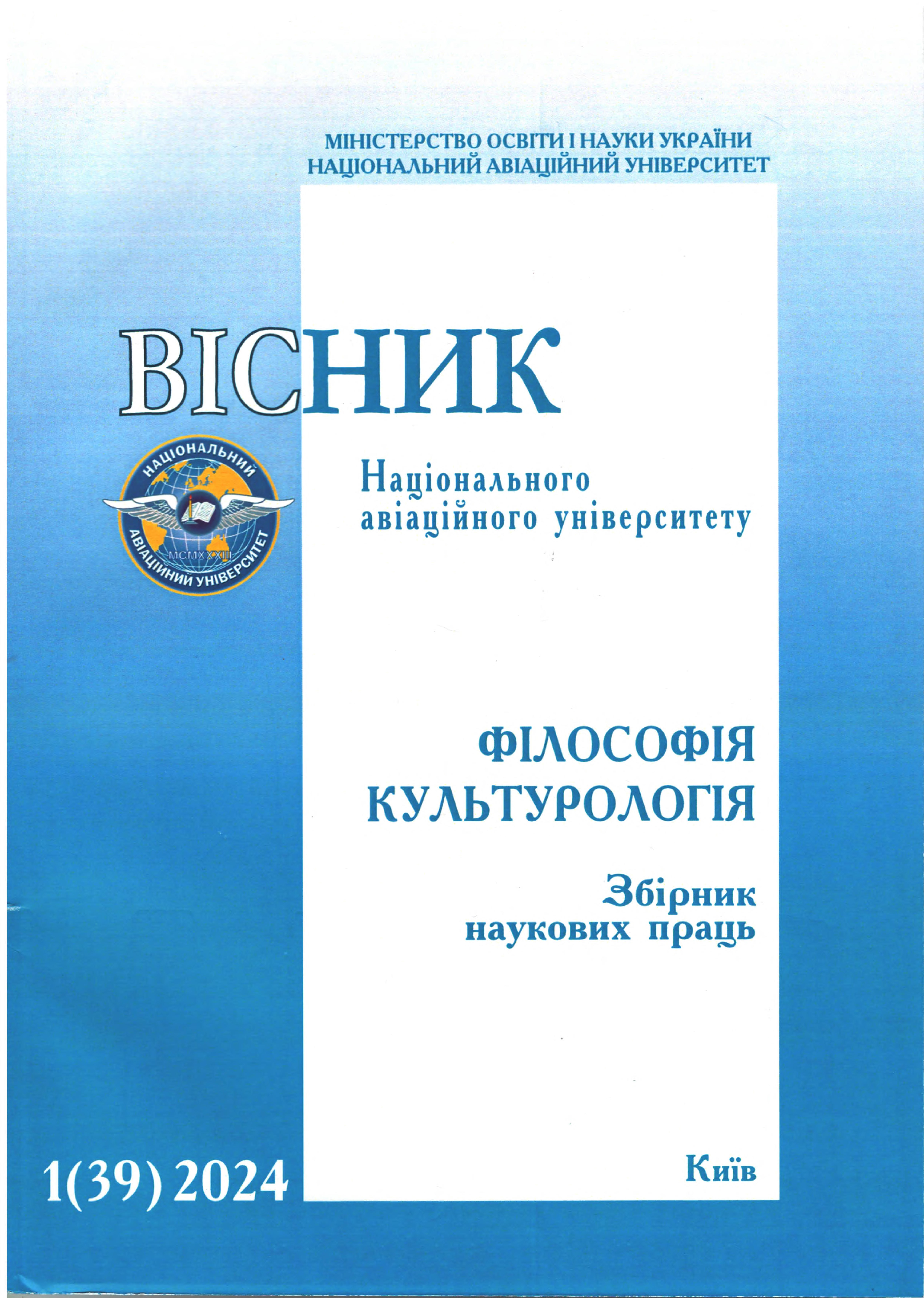CRITICAL THINKING DEVELOPMENT IN FOREIGN LANGUAGE LEARNING AT HIGHER EDUCATION INSTITUTIONS: PHILOSOPHICAL AND ANTHROPOLOGICAL DIMENSIONS
DOI:
https://doi.org/10.18372/2412-2157.39.18455Keywords:
critical thinking, foreign language, distance learning, outlook, creativity, competence.Abstract
The study is based on the achievements of ancient thinkers on the process of thinking, modern foreign and domestic authors in the approach to the interpretation of critical thinking and methods of its improvement by means of language learning. The hermeneutic and comparative approaches were used to achieve the goal and solve the tasks set in the work. These methods allowed authors to analyze the concepts of "critical thinking" and "distance learning". The modern vision of the concept of "critical thinking" is seen as the ability of an individual to analyze, argue statements or evidence, and draw conclusions using various models of reasoning, which ensures the processes of self-knowledge, self-education, and self-realization. The ability to think critically is a must for today. It is proved that critical thinking is a prerequisite for the development of the individual and society, while education is its guarantor. The modern distance approach is the main one in the paradigm of foreign language learning and critical thinking development.
References
Eco, Umberto. 2011. La estructura ausente : introducción a la semiótica [The Missing Structure: Introduction to Semiotics]. Translated by Francisco Serra Cantarell. DEBOLSILLO.
Kant, Immanuel. 1997. Critique of Pure Reason, edited by A. Wood. Translated by P. Guyer. Cambridge: Cambridge University Press.
Kuzmenko, Raisa. 2020. "Tolerance as the Basis of Education." Research Journal of Education. Psychology and Social Sciences 1 (1): 9–12. Accessed January 11, 2024. http://rjepss.ro/index.php/rjepss.
Lucas, Bill and Ellen Mary Spencer. 2017. Teaching Creative Thinking: Developing learners who generate ideas and can think critically. Crown House Publishing.
Saleh, Salamah Embark. 2019. "Critical thinking as a 21st century skill: conceptions, implementation and challenges in the EFLclassroom." European Journal of Foreign Language Teaching 4 (1): 1–16. https://doi.org/10.5281/zenodo.2542838
Fidalgo, Patricia, Joan Thormann, Oleksandr Kulyk, and Jose Alberto Lencastre. 2020. "Students’ perceptions on distance education: A multinational study." International Journal of Educational Technology in Higher Education 17. Accessed January 11, 2024. http://surl.li/qsti.
Basilotta-Gómez-Pablos, Veronica, Maria Matarranz, Luis-Alberto Casado-Aranda, and Ana Otto. 2020. "Teachers’ Digital Competencies Inhigher Education: A Systematic Literature Review". International Journal of Educational Technology in Higher Education 19. DOI 10.1186/s41239-021-00312-8
Nolan, Lawrence, ed. 2015. The Cambridge Descartes Lexicon. Cambridge University Press. DOI:10.1017/ CBO9780511894695.056.
Ruiz-Cabezas, Adiela, Medina Domínguez Castañar, Navío Eufrasio Pérez, and Antonio Medina Rivilla. 2020. "University Teachers’ Training: The Digital Competence". Pixel-Bit Revista De Medios Y Educacion 58: 217.
Humbold, Vilhélm. 1993. "Pro vidminnist budovy liudskykh mov i yii vplyv na dukhovnyi rozvytok liudstva" ["On the Distinctiveness of the Structure of Human Languages and Their Influence on the Spiritual Development of Mankind"]. In Vybrani pratsi z movoznavstva, Selected Works on Linguistics. Lviv: Litopys.
Dewey, John. 2003. Demokratiia i Osvita [Democracy and Education]. Translated by I. Bosaka, M. Oliinyk and H. Pekhnyk. Lviv: Litopys.
Lipman, Mathew. 2006. "Krytychne myslennia: chym vono mozhe buty?" ["Critical Tinking: What Can it be?"]. Visnyk prohram shkilnych obminiv, Bulletin of school exchange programs 27: 17–23.
Khamitov, Nazip, and Svitlana Krylova. 2023. Liudyna i kultura: slovnyk. Filosofska antropolohiia, filosofiia kultury, kulturolohiia [Man and culture: dictionary. Philosophical anthropology, philosophy of culture, culturology]. Kyiv: KNT.


